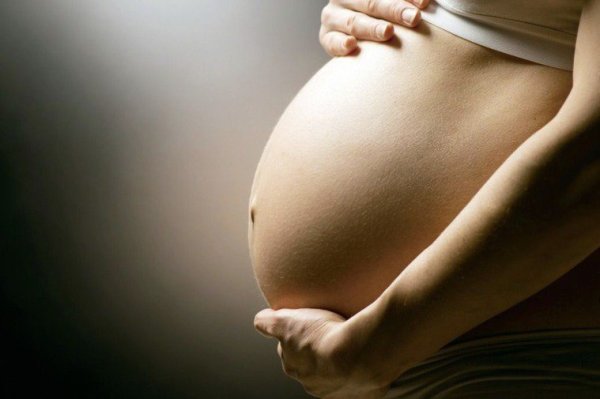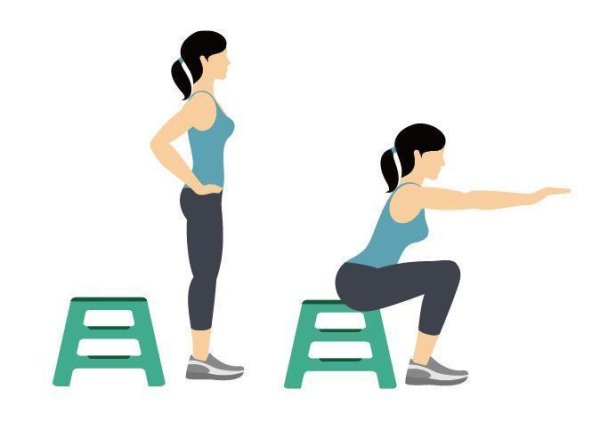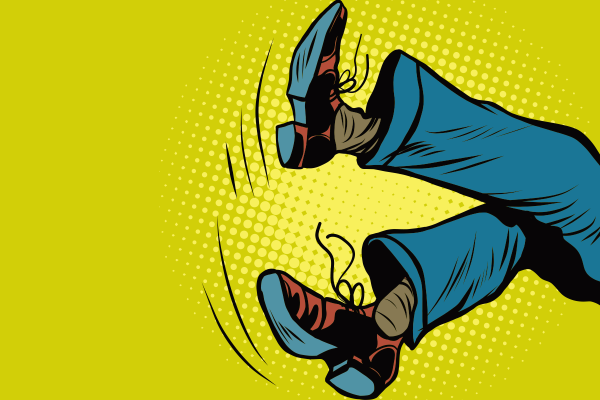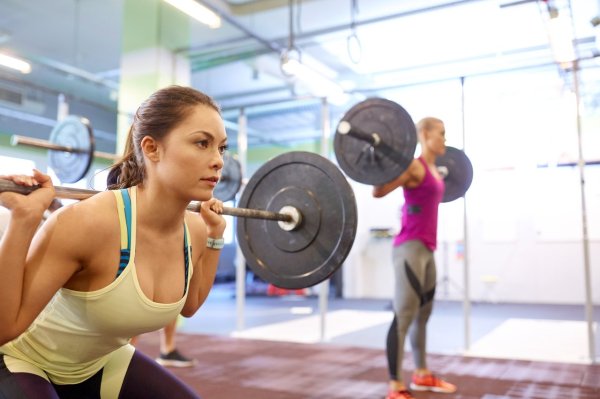The effect of walking weight reduction may be better than gravity training! Physical abilities coach: If you make 10 mistakes, you will lose weight.

Walking is the most common and easiest exercise, but many experts say that if you want to reduce weight, aerobic walking has no effect and must be trained. I have the ability to teach and teach walking is also suitable for weight reduction, but if you make 10 common mistakes, walking will not make people lose weight.
Andy Vincent, a physical training coach with 20 years of experience, pointed out that many people think that if you want to lose weight, going to the gym every week or taking classes and performing HIIT regularly may be more effective than walking, but in fact, this idea may not be correct, and walking may also be a more suitable way to reduce weight.
Vincent said that even if he went to the gym three times a week for intense training, the overall heat consumption is not much. In contrast, walking regularly is easier to accumulate energy consumption. Not only can it be done every day, it will not make people feel exhausted or overly hungry. According to new research, if you can persist, the amount of heat you consume on walking may even be three times that of intense courses.
However, if the goal is to build muscle or strengthen cardiopulmonary function, there are still many benefits to intentional aerobic exercise or weight training; but if the goal is purely "weight loss", walking is a very effective method.
However, even though many people have already walked very hard, their weight has not decreased. Vincent has arranged 10 reasons why he can't lose weight when walking, and how to improve it.
1. Increase musclesIt is not easy to grow muscles by walking alone, but if you have been sitting for a long time and now you start walking regularly, then the body may develop muscles at the beginning, causing the weight to rise instead of falling. This is actually a good thing, indicating that it is also increasing muscle while burning fat.
Walking style will affect muscle development. If you often walk uphills, jogging machines to adjust the slope, or carry heavy objects (such as backpacks), the lower body muscles (such as calves, thighs, hips) will become stronger.
2. Walk too much at the beginningIf you go from sitting for a long time and walking in a lot of time, your body will try to maintain energy balance, which will lead to a significant increase in appetite and eat more. It is recommended to slowly increase the walking time and distance to avoid excessive hunger or fatigue.
3. Insufficient protein intakeMedium-high protein diet can help burn fat, because protein can increase the feeling of foot and decompose protein requires more energy, and its heat effect should be higher than carbohydrates and fats. Although walking does not consume a lot of protein, if you want to lose weight, taking a high-protein diet is a smart choice.
4. Drink effectsAlcohol itself cannot be stored in the body and will be decomposed and used first, thus stopping fat burning at a time. In addition, alcohol can also affect sleep, increase appetite, and cause excessive eating. If you want to drink, it is recommended to be appropriate and avoid intense exercise after drinking. It is better to walk around easily.
5. Inadequate strengthAlthough the walking strength is low, it does not mean that it is ineffective, but it will be better to increase the strength of the movement if you want to use internal fat. For example, you can try a break-up brisk walk, find a slope, quickly walk up and down for 1 minute, and repeat 4 times. It will be more effective to carry a backpack or wear a heavy vest.
6. The frequency is too lowcan be divided into two types:
1. Daily walking accumulation NEAT (non-motivated activity hotness)
2. High-strength interval walking (such as heavy or slope walking)
If you choose high-strength walking, it will be 2 to 3 times a week. But if you just take a relaxed walk, it is recommended to walk every day, keeping it for no more than 20 minutes each time, and paying attention to whether it becomes easy to get hungry.
7. The time is too shortIf you just start to implement the strategy of "slightly reducing heat and taking in + walking every day", you will see results in about two or three weeks. But if you give up halfway, you can't expect changes. The ultimate goal of reducing weight is the endurance battle. It is better to focus on walking every day, which is easier to continue.
8. Take the heat > consume the heatWalking itself will not make people lose weight automatically, because it is possible to eat more than consume. It is recommended to avoid over-processed high-hot sources such as food, fat, and cream, and establish basic dietary knowledge. Get a balanced protein, carbohydrates and fat at each meal to avoid overeating for dinner because you don’t eat well all day.
Many myths of reducing weight (such as eating at night will make you fat) are wrong. What really matters is whether the total intake is lower than the total consumption throughout the day.
9. Deficiency of sleepNon-sleeping will cause hormones to get hungry, making it easier to feel hungry during the day, and may also affect sleep the next day due to excessive caffeine withdrawal. It is recommended to sleep for 6 to 8 hours a night, avoid drinking and caffeine before going to bed, and sleep at least 2 hours after meals, so as to reduce the number of times you get up at night and go to the bathroom.
10. The advantage of doing high-strength exercise at night is that it has low strength, little impact on pressure hormones (such as corticosterol), and does not interfere with sleep. However, if you do intense training at night (such as retraining), it may keep the corticosteroids high and affect your sleep quality.















